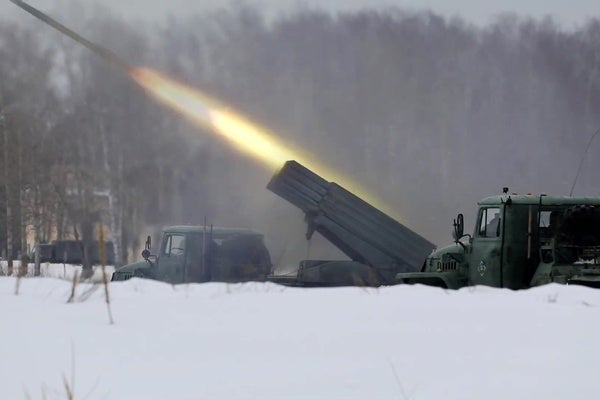 |
| February 14, 2022 |
 |
| |
| |
| |
| |
| Public Health Guinea Worm Disease Nears Eradication Just 14 cases of the scourge that once infected millions of the world's poorest people were reported last year. But infections in animals complicates efforts to stamp it out | | By Freda Kreier,Nature magazine | | | |
| |
| |
| Psychology Why Kids Are Afraid to Ask for Help Children as young as seven years old may hesitate to ask questions in school because they worry classmates will think they are "stupid" | | | | |
| |
FROM THE STORE
 | | | |
| |
FROM THE ARCHIVE
 | | | |
| |
LATEST ISSUES
 |
| |
| Questions? Comments?  | |
| Download the Scientific American App |
| |
| |




